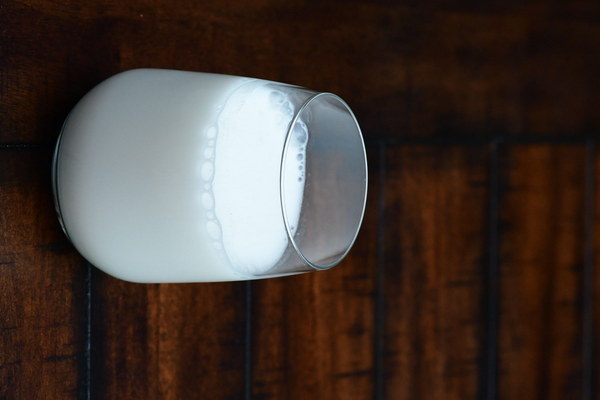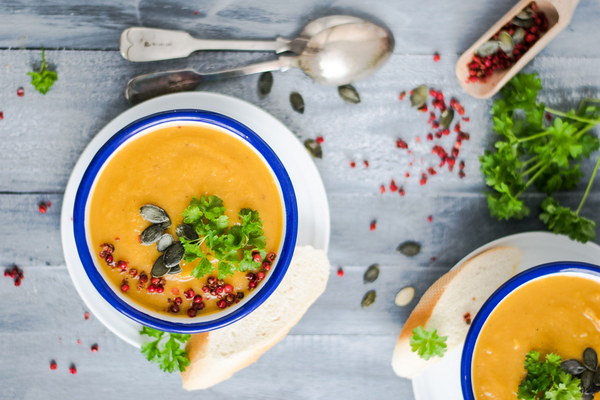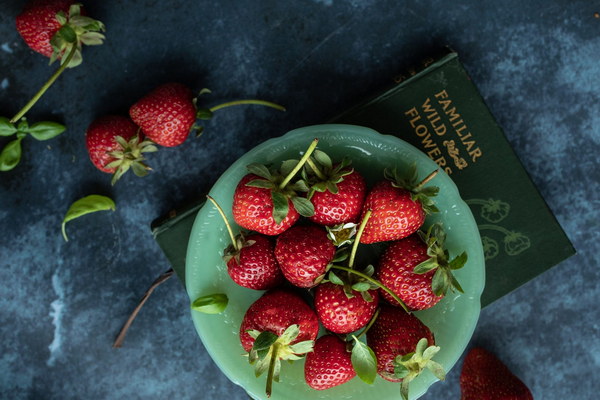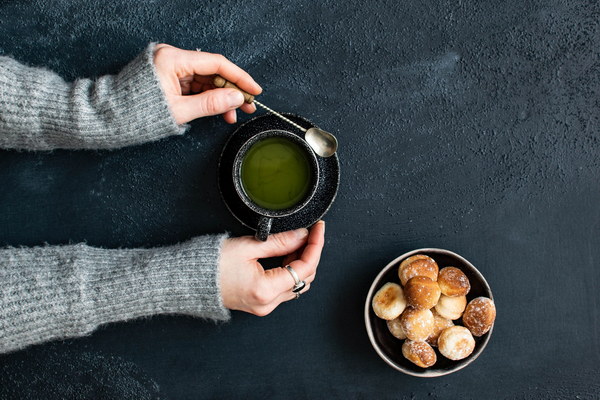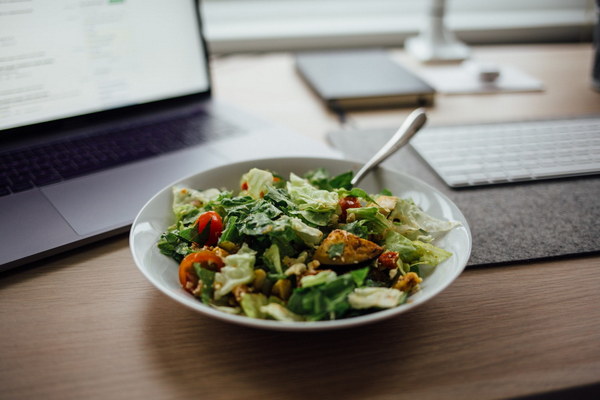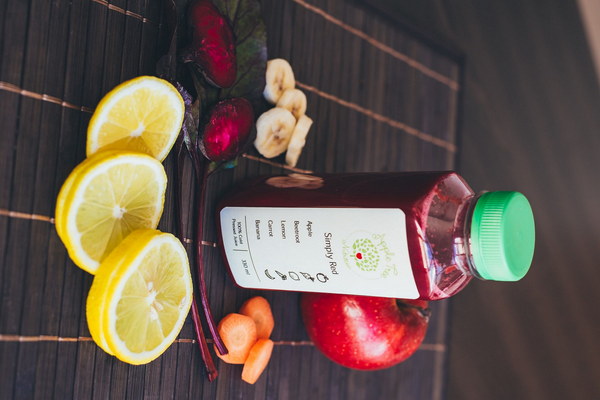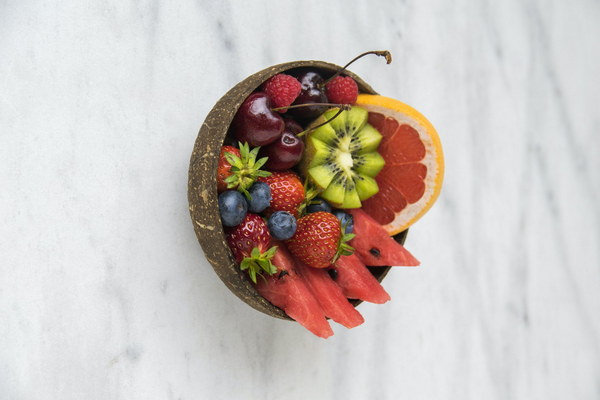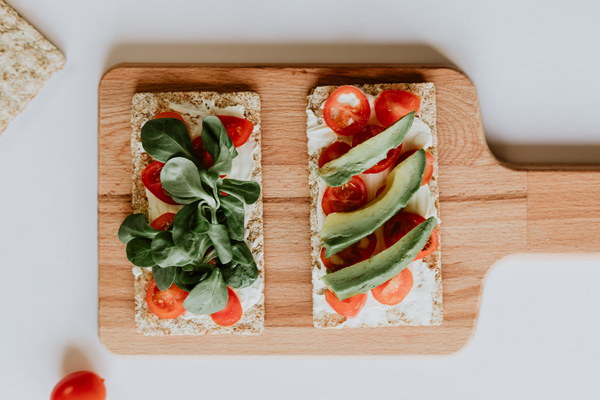Nutritional Therapy for Stroke A Guide to Brain-Healthy Foods
Introduction:
Stroke, also known as a brain attack, is a medical emergency that occurs when the blood supply to the brain is interrupted or reduced, leading to brain damage. While immediate medical intervention is crucial, incorporating nutritional therapy into the recovery process can significantly improve outcomes. This article explores the role of dietary interventions in stroke recovery, highlighting brain-healthy foods that can aid in the rehabilitation process.
The Importance of Nutrition in Stroke Recovery:
Nutrition plays a pivotal role in stroke recovery by providing the necessary nutrients to repair damaged brain tissue and support overall health. A well-balanced diet can help reduce the risk of complications, improve cognitive function, and enhance quality of life. Here are some key nutritional considerations for stroke survivors:
1. Low-Sodium Diet:
High blood pressure is a common risk factor for stroke, and excessive sodium intake can exacerbate hypertension. Therefore, it is essential for stroke survivors to follow a low-sodium diet, which includes limiting processed foods and opting for fresh, whole foods.
2. Heart-Healthy Fats:
Consuming heart-healthy fats, such as those found in fish, nuts, and olive oil, can help reduce inflammation, lower cholesterol levels, and promote cardiovascular health. Omega-3 fatty acids, in particular, have been shown to have neuroprotective effects and improve cognitive function.
3. Fiber-Rich Foods:
A diet rich in fiber can help lower cholesterol levels, maintain blood sugar levels, and improve digestion. Good sources of fiber include fruits, vegetables, whole grains, and legumes.
4. Antioxidant-Rich Foods:
Antioxidants help protect the body against oxidative stress, which can damage brain cells. Fruits, vegetables, nuts, and seeds are excellent sources of antioxidants, including vitamins C, E, and beta-carotene.
5. Protein:
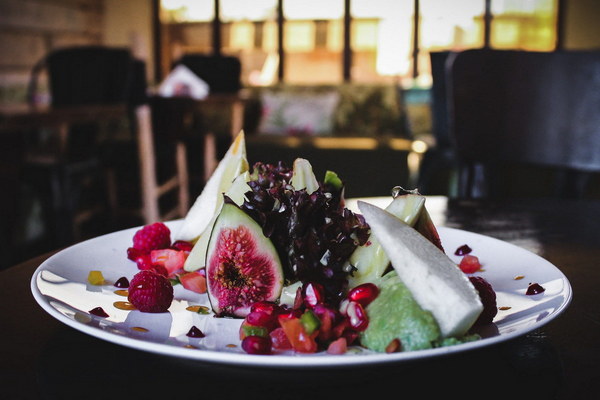
Protein is essential for tissue repair and muscle strength. Stroke survivors should include lean protein sources, such as poultry, fish, tofu, and legumes, in their diet to support recovery.
6. Hydration:
Staying hydrated is crucial for overall health and can aid in the removal of toxins from the body. Drinking plenty of water, herbal teas, and other non-alcoholic beverages is recommended.
Brain-Healthy Foods:
Here are some specific foods that can be beneficial for stroke survivors:
- Fish: Rich in omega-3 fatty acids, fish such as salmon, mackerel, and sardines can help reduce inflammation and improve cognitive function.
- Berries: Blueberries, strawberries, and raspberries are packed with antioxidants that can protect the brain from oxidative stress.
- Spinach and Leafy Greens: These vegetables are high in folate, which can help lower homocysteine levels, a substance that has been linked to an increased risk of stroke.
- Almonds: Almonds are a great source of fiber, healthy fats, and antioxidants, making them an excellent snack choice for stroke survivors.
- Turmeric: This spice contains curcumin, a compound with powerful anti-inflammatory properties that may benefit stroke recovery.
- Avocado: Avocado is high in monounsaturated fats, which can help lower cholesterol levels and improve heart health.
Conclusion:
Nutritional therapy is a vital component of stroke recovery, offering numerous health benefits that can enhance the rehabilitation process. By incorporating brain-healthy foods into their diet, stroke survivors can support their recovery, improve their quality of life, and reduce the risk of future strokes. It is important to consult with healthcare professionals to develop a personalized nutrition plan tailored to individual needs and preferences.

